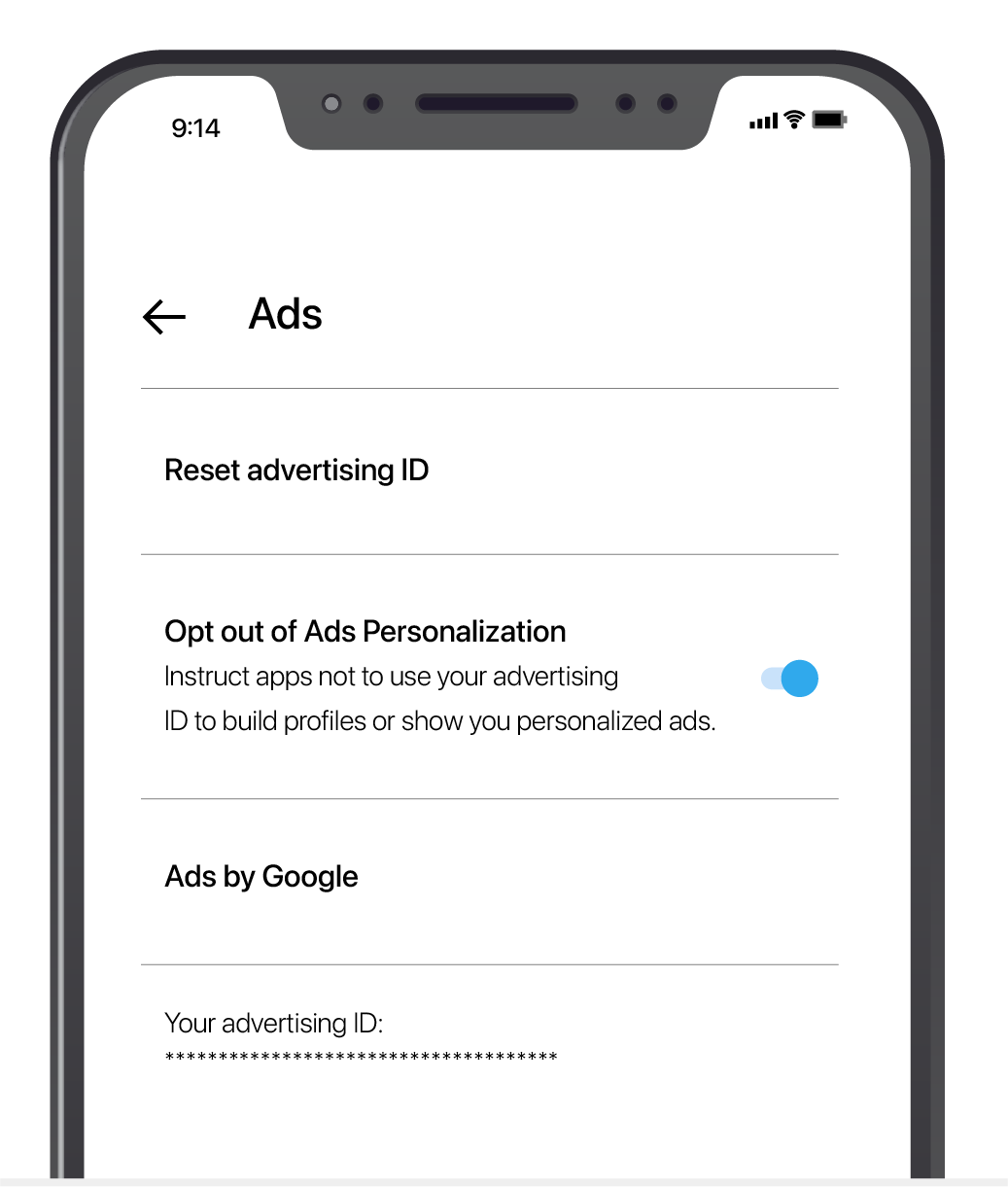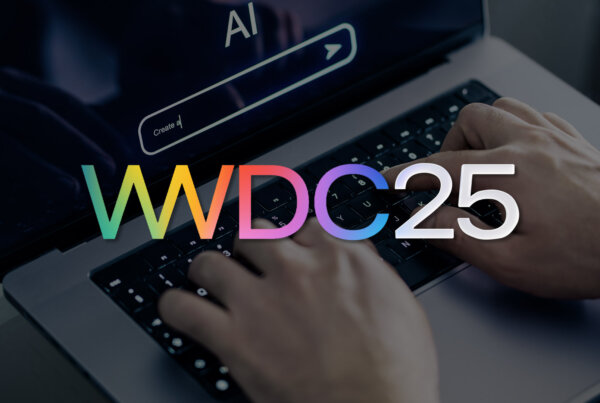Important steps for marketers to take by or before October 4, 2021
Google is expected to release its next big Android operating system update, Android 12, on October 4th, 2021. Android 12 (API 31) introduces some key changes to collection permissions for the advertising ID (ADID), also sometimes referred to as the Google Advertising ID (GAID). It’s important to note that existing Google Play apps will not suddenly lose access to the ADID; only apps which are updated and published to target API 31 will be subject to the new permissions. Per Google’s documentation, all apps on all devices using Google Play services will be subject to the changes by early 2022.
What you need to do
First, no Kochava software development kit (SDK) update is necessary.
Second, upon updating any Android app(s) to target API 31, be sure to include the latest version of the ADID collection library (ads-identifier 17.1.0). This will ensure you have the required permission and allow the collection of the ADID by the Kochava SDK. Alternatively, you may add the permission manually as described in our support documentation.
Please review our updated Android SDK support documentation where specific call-outs have been added related to this change.
Third, per our prior post, remember that requests for the ADID will return a string of zeros when users select to “Opt out of Ads Personalization.” This is similar to Limit Ad Tracking on iOS and its impact on the Identifier for Advertisers (IDFA) prior to the rollout of the AppTrackingTransparency framework. If you’re reliant on the ADID as an identifier for device segmentation or other marketing functions, be sure to establish the Android ID as a fallback identifier when the ADID is unavailable.
New ADID permissions are passive
Separately from the ADID opt-out in the Android phone settings, it’s important to call out that the new ADID permission introduced with Android 12 is passive. The permission is declared and visible within the app store listing, but the user is not presented with any prompt or opportunity to opt out of this permission at the app level.

90-Day reset of user-granted runtime permissions
In additional news, Google plans to reset user-granted runtime permissions for apps that have not been used for 90 days. As an example, if you were to grant location permission to an app and then not use the app for 90 days, the location permission will be reset as if it had not yet been granted. Permission would then need to be prompted for and re-granted the next time the app is used. This 90-day reset only pertains to runtime permissions and does not pertain to app settings, such as push notification preferences.
The Kochava SDK and related services do not rely on, nor utilize any user runtime permissions. As a result, you should expect no impact on Kochava services.
Got questions?
We’re here to help. If you have questions about Android 12 and the topics discussed in this post, simply reach out to your Client Success Manager or email support@kochava.com.




